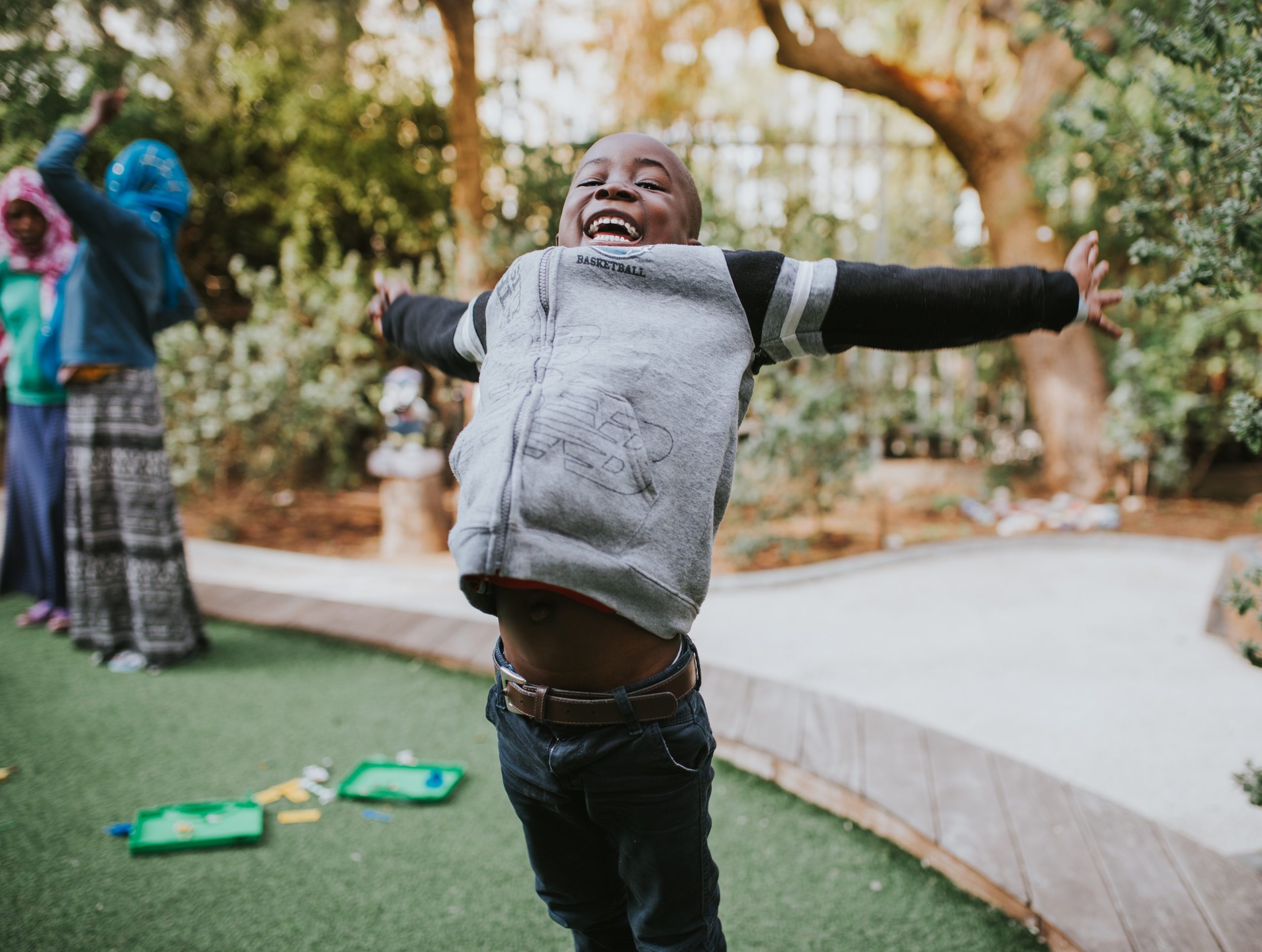- 4 May 2023
- 325
How to Spot the Signs of Childhood Anxiety and What to Do About It

Anxiety is a natural part of life, and it is normal for children to feel anxious from time to time. However, when anxiety becomes a persistent and overwhelming feeling, it can have a significant impact on a child’s well-being and development. As a parent, it is important to recognize the signs of childhood anxiety and to know what steps to take to help your child manage their symptoms.
The signs of childhood anxiety can vary from child to child, but some common symptoms include excessive worry, fear or dread about everyday activities, physical symptoms such as headaches or stomach aches, difficulty sleeping, irritability, and avoidance of social situations. These symptoms can interfere with a child’s ability to function at home, school, and in social situations, and can affect their self-esteem and relationships.
If you suspect that your child may be experiencing anxiety, the first step is to talk to them about how they are feeling. It is important to listen to your child’s concerns and validate their feelings, while also providing reassurance and support. Encourage your child to express their emotions in healthy ways, such as through journaling or drawing.
Another important step is to help your child develop coping strategies to manage their anxiety. Deep breathing exercises, mindfulness techniques, and physical activity can all help reduce feelings of anxiety. It is also important to establish routines and structure in your child’s day, which can help them feel more secure and in control.
If your child’s anxiety is severe or persistent, it may be necessary to seek professional help. A mental health professional can provide assessment, diagnosis, and treatment options, such as cognitive behavioral therapy or medication if necessary. It is important to seek help as soon as possible to prevent the anxiety from becoming more severe and affecting your child’s long-term mental health.
As a parent, it can be difficult to watch your child struggle with anxiety. However, with the right support and resources, you can help your child manage their symptoms and develop the skills they need to lead a healthy and fulfilling life. By recognizing the signs of childhood anxiety, providing a supportive and validating environment, and seeking professional help when necessary, you can help your child navigate the challenges of anxiety and build a strong foundation for their future well-being.

